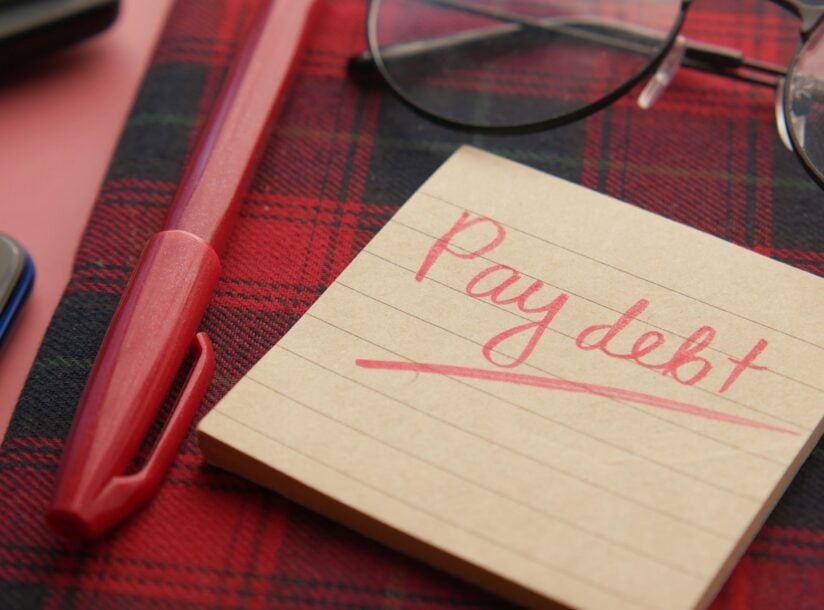Blog
The team at Smythe Insolvency wants to keep you informed. Through our blog, our team of expert Licensed Insolvency Trustees and Debt Advisors share news, updates and insights in the world of debt and personal finance so you can feel confident in choosing the best tools for your financial situation.
Our Latest Insights

Immediate Financial Assistance: What to Know

Insolvency Meaning: What It Is and What to Do If You’re Insolvent

CERB Debt Solutions That Actually Work

You Don’t Have to Choose Between Groceries and Bills — Debt Relief Is Within Reach

What Can They Take During Bankruptcies? Understanding Asset Seizures and Exemptions

How Bad is a Consumer Proposal?

CRA Notice of Collection: What to Do Next

What You Need to Know About Working with a Bankruptcy Trustee

Managing ICBC Debt: How Licensed Insolvency Trustees Can Help with Consumer Proposals and Bankruptcies

Consumer Proposal vs. Bankruptcy: Understanding Debt Relief Options in British Columbia

